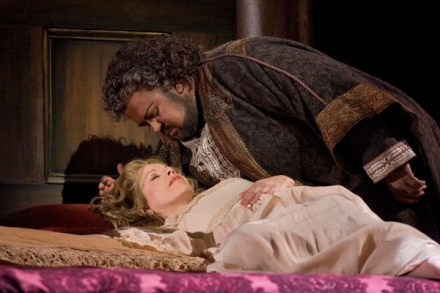Acting up | 17 January 2013
There was a time when the major objection to operatic performances, by those who were wondering whether or not to give them a try, was the level of acting in them. That was in the days before ‘elitism’ and other excuses had been invented. I haven’t heard much about that lately, though of course there









